Remembering survivors while creating a better future for the next generation
Since 2020, the last week of September has seen Kindergarten to Grade 12 students from across Canada gathering virtually to learn about the history of Indigenous Peoples during Truth and Reconciliation Week. What started as two 45-minute videos in 2020 has grown into a week-long event reaching over a million students. Five days of virtual teachings from First Nations, Inuit, and Métis people from coast-to-coast make up the bulk of the programming, capped off with two live events in Ottawa. And, due to popular demand, Truth and Reconciliation Week 2023 saw the addition of five virtual ‘lunch and learn’ sessions open to the public.
Truth and Reconciliation Week, organized by the National Centre for Truth and Reconciliation (NCTR), aims to provide education on the history and legacy of residential schools. Brenda Gunn, academic and research director at NCTR explains the goal of this national conversation is to share the truth of survivors of residential schools with as many audiences as possible. “The survivors that we have the honour of working with here at the NCTR are very clear that there can be no reconciliation without truth,” says Gunn.
The theme for Truth and Reconciliation Week 2023 was Honouring Survivors. The theme was a natural fit for this year, building off previous programming that focused on remembering the children who perished at residential schools in Canada. To date, the NCTR and Truth and Reconciliation Commission of Canada (TRC) have documented more than 4,100 deaths of First Nations, Inuit, and Métis children in residential schools across Canada, though former TRC Commissioner Murray Sinclair has estimated that the actual number of Indigenous children who died in residential schools may be closer to 6,000. Truth and Reconciliation Week programming in 2022 was “part of the response and helping people understand the information that was becoming available about missing children and unmarked burials,” explains Gunn.
“It seemed to be the natural progression in our programming this year, to focus on honouring survivors of residential schools. We are reminded that survivors are getting older and older, and that we are losing survivors far too quickly. It is important to hear from survivors and learn their truth while they are still with us and find ways to record and preserve those truths for the longer period,” says Gunn, “They are more than just survivors of residential schools. They have lived lives and have contributed to Canadian society. We are really honouring all aspects of survivors, and we want to do that while they are still with us, and really focus on sharing those truths with schools across Canada.”
In 2015, the TRC released 94 calls to action to “redress the legacy of residential schools and advance the process of Canadian reconciliation.” As of 2022, less than 20 of the calls to action were completed. There are four calls to action that address Education for Reconciliation, and Gunn says one of the reasons why the NCTR continues to provide education around truth and reconciliation and the history and legacy of residential schools is be-cause existing curriculums in schools across the country vary.
“Different provinces are in different places with their work toward fulfilling the calls to action around education,” explains Gunn, noting that the NCTR is also the legacy body to the TRC, which means it holds all of the statements provided by residential school survivors to the TRC. “This puts us in a very unique position to share insights and share the experiences and legacies of residential schools with Canadians.”
Another valuable aspect of the Centre’s Truth and Reconciliation Week programming is how it brings classrooms together from coast to coast to coast. This gives students the opportunity to learn this shared history together not just with their classmates, but with Canadian children from across the country. Together, students experience sessions that dig deeper into the history and experiences of Indigenous people as well as sessions with writers, artists, musicians, and film-makers who share how different mediums can be used to share their important stories.
Gunn explains that even with the broad reach of Truth and Reconciliation Week programming, the NCTR has a limited capacity to educate every Canadian on the residential experience, especially in a way that is specific to the distinct locations across Canada.
“One of the things we wanted to do this year was to share with classrooms how they can learn more about residential schools. We will share a bit about the work of the National Centre for Truth and Reconciliation and what we do, and some of the resources we have available to begin to learn more and dig deeper to understand the history of residential schools.”
To learn more about Truth and Reconciliation Week and the NCTR, visit www.nctr.ca.


